Learning about ecosystems Worksheets for Ages 6-8
5 filtered results
-
From - To
Discover the fascinating world of ecosystems with our engaging worksheets designed for children ages 6-8. These printable resources provide fun activities that help young learners explore the interactions between living organisms and their environments. From colorful illustrations to interactive exercises, our ecosystem worksheets foster creativity and critical thinking. Kids will learn about different habitats, food chains, and the importance of biodiversity while honing their reading and writing skills. Perfect for home schooling, classroom use, or supplemental learning, these worksheets offer a hands-on approach to understanding the complexities of nature. Start your child's journey into the exciting realm of ecosystems today!


Pollinator Positions Worksheet
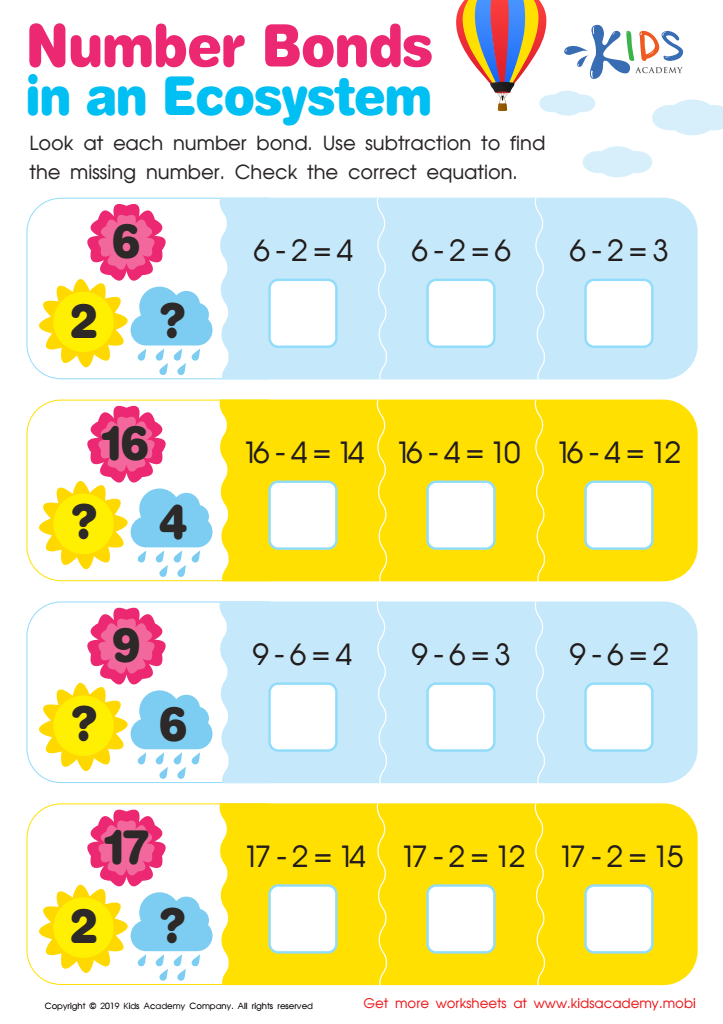

Number Bonds in an Ecosystem Worksheet
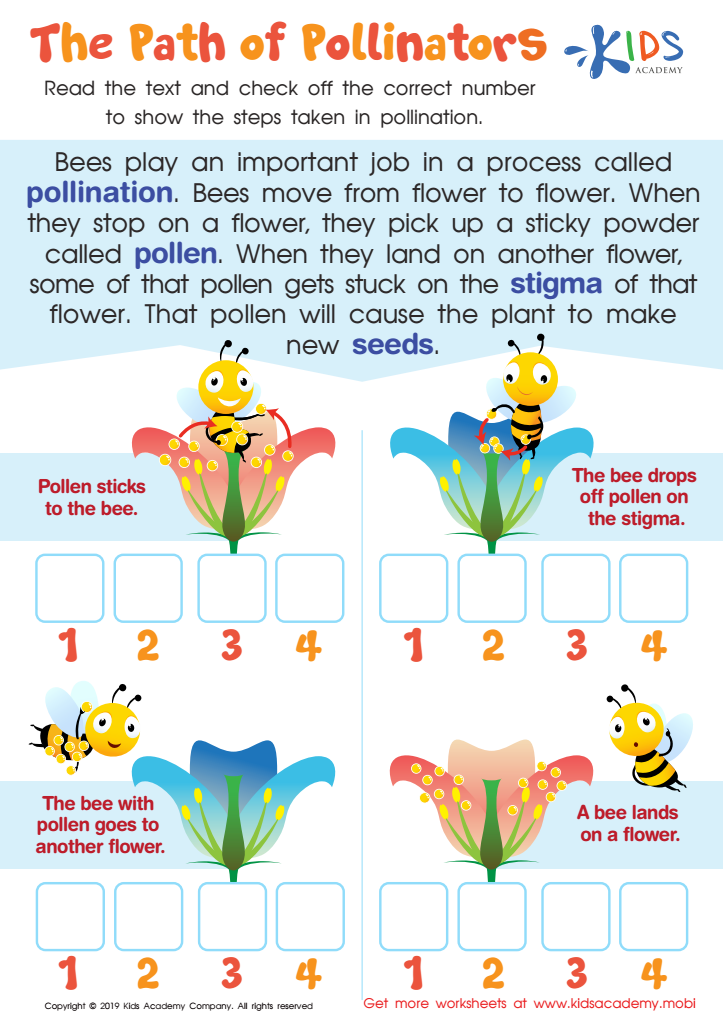

The Path of Pollinators Worksheet
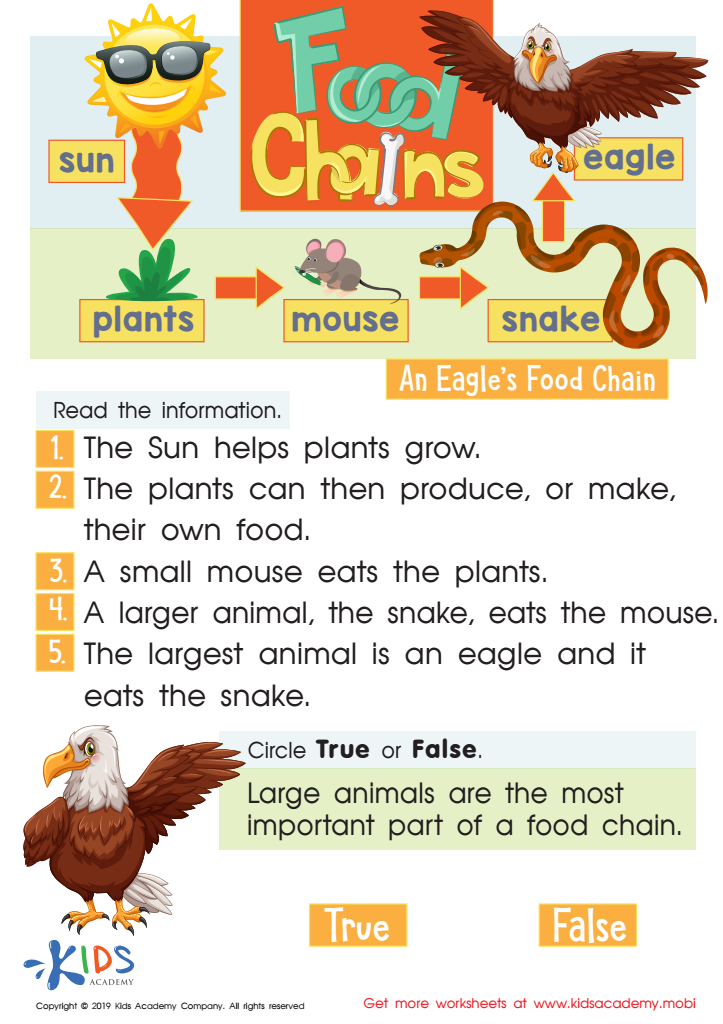

Food Chains Worksheet
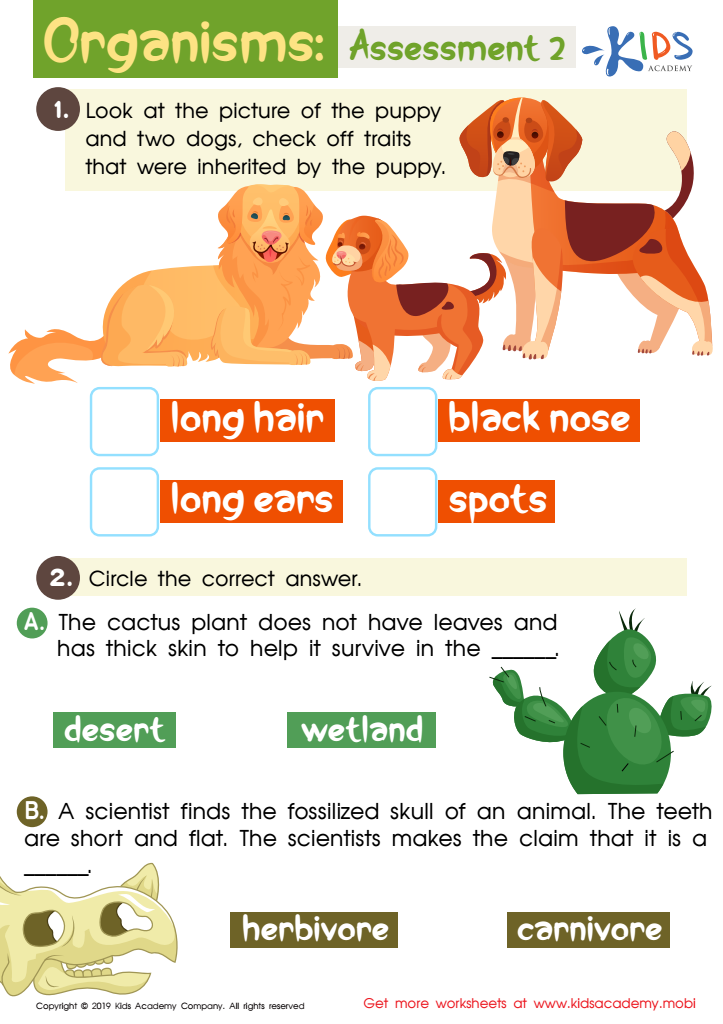

Organisms: Assessment 2 Worksheet
Teaching children ages 6-8 about ecosystems is vital for several reasons. At this critical stage of development, kids are naturally curious about the world around them. Learning about ecosystems helps foster that curiosity, encouraging them to explore and ask questions. It enhances their understanding of the interconnectedness of life, illustrating how plants, animals, and humans rely on each other for survival.
Engaging with ecosystems teaches essential concepts such as diversity, sustainability, and the importance of environmental stewardship. By understanding how natural systems function, children can develop a greater appreciation for nature, which is crucial in fostering a sense of responsibility towards the environment. Early education on ecosystems can shape their attitudes and behaviors, encouraging them to be eco-conscious individuals in the future.
Moreover, lessons about ecosystems can be integrated across subjects, promoting interdisciplinary learning. Science, art, and even math can be intertwined with hands-on activities that make learning fun and engaging. Ultimately, equipping young learners with knowledge about ecosystems not only enhances their academic development but also empowers them to become informed, caring individuals who will contribute to a healthier planet as they grow. Thus, parents and teachers should prioritize this essential aspect of education.
 Assign to My Students
Assign to My Students


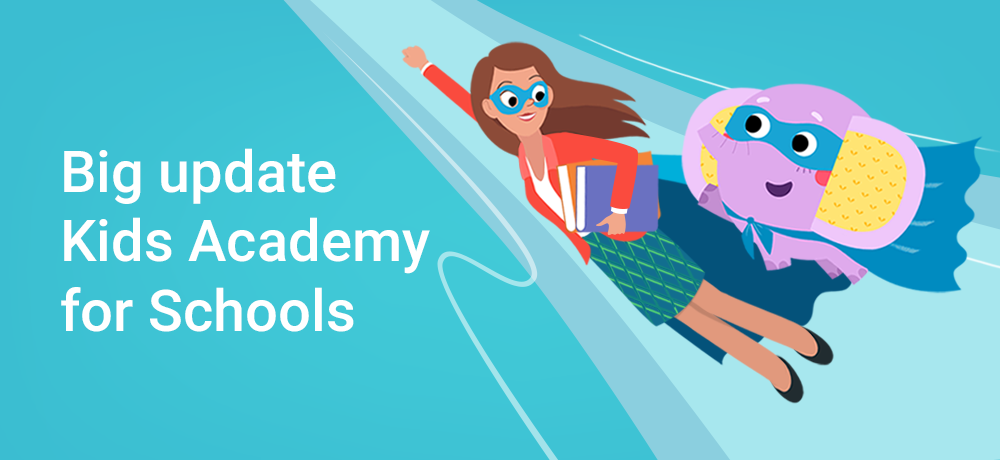


.jpg)









